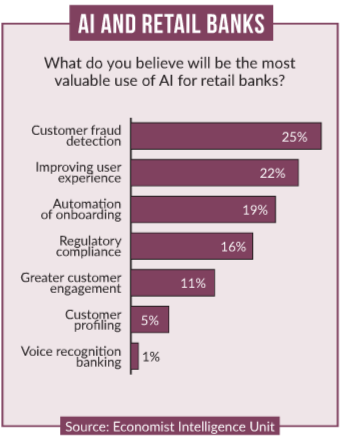Slow to take off but picking up the pace, Open Banking could yet transform financial services and offer better deals for banking customers. Briony Richter looks at new research from Temenos
Launched into a sea of hype, Open Banking has forced banks and financial organisations to improve product agility and the overall customer experience.
Now, Open Banking and GDPR are making their presence felt in Europe. A report, written by the Economist Intelligence Unit on behalf of Temenos, explores the impact of digital banking and how it has affected consumers across Europe. It also examines Europe’s retail banking landscape.
Commenting on the report, managing director of Europe at Temenos, Steen Jensen, says: “We are facing a once-in-a-generation shift in banking, with fintechs, challenger banks and bigtechs challenging the way business is done in our industry.
“With Open Banking now a regulatory mandate, it’s no surprise that 51% of respondents are making it a priority to improve product agility in order to respond to the changing market. Banks must invest in technology that will empower them with a modern, agile, secure and robust platform to not only survive, but be nimble and thrive in an industry in flux.”
Bank’s focus
Digital transformation is happening at every level in the banking sector.
How well do you really know your competitors?
Access the most comprehensive Company Profiles on the market, powered by GlobalData. Save hours of research. Gain competitive edge.

Thank you!
Your download email will arrive shortly
Not ready to buy yet? Download a free sample
We are confident about the unique quality of our Company Profiles. However, we want you to make the most beneficial decision for your business, so we offer a free sample that you can download by submitting the below form
By GlobalDataOpen Banking is forcing banks to operate in new and innovative ways to ensure that customers will stay satisfied with their service.
Banking providers now need to decide what matters at essential stages in the customer journey; this is a tricky task, however, as it will vary greatly between consumer segments.
One focus point is artificial intelligence (AI): banks are already using it in many areas, but it still has much potential that has yet to be realised. The report examined what participants believed will be the most valuable use of AI in retail banks.
Data is massively important for banks to understand their customers better. However, financial organisations also need to ensure the security of that data. The report showed that European bankers focus primarily on AI’s fraud-detection capabilities (25%). Even though 22% think AI can be used to improve the user experience from a front-office perspective, only 11% see the value-add in customer engagement and only 1% in voice recognition (see chart).
While Open Banking offers banks multiple opportunities, it can be difficult to implement. The report asked participants what their main concerns were in relation to API-based Open Banking.
Making Open Banking accessible was the top priority, with 39% of respondents stating that educating customers on data security is a concern. A further 36% stated that existing IT infrastructure needs to be upgraded.

Key trends
To fully embrace digital transformation and the regulations that come with it, banks need to work proactively on customer engagement through digital channels. Even more importantly, they need to improve response times and product agility. This was the top strategic priority cited by 51% of survey participants for the years leading to 2020.
PSD2 encourages competition by allowing vetted third parties to access customers’ bank account information and offer services with which customers may not be familiar.
The report also looked at the trends that are expected to have the biggest impact on retail banks in the years to 2020. A majority of respondents (56%) noted that the biggest trends will be the changing customer behaviour and demands.
Experience is now the driving force in banking, with traditional banks all over the world feeling the pressure of competition from more digitally led challenger banks. Examples such as Revolut and Starling in the UK have been quick to adopt technology to enable a more personal and seamless banking experience for their customers. The demands, however, will continue to become more experience-focused and sophisticated.
Open Banking and GDPR have certainly set new standards for banks and financial institutions. After its slow start, it is clear that banks need to focus more on building strong infrastructure and developing clear strategies to cope with the new environment in which they have found themselves







